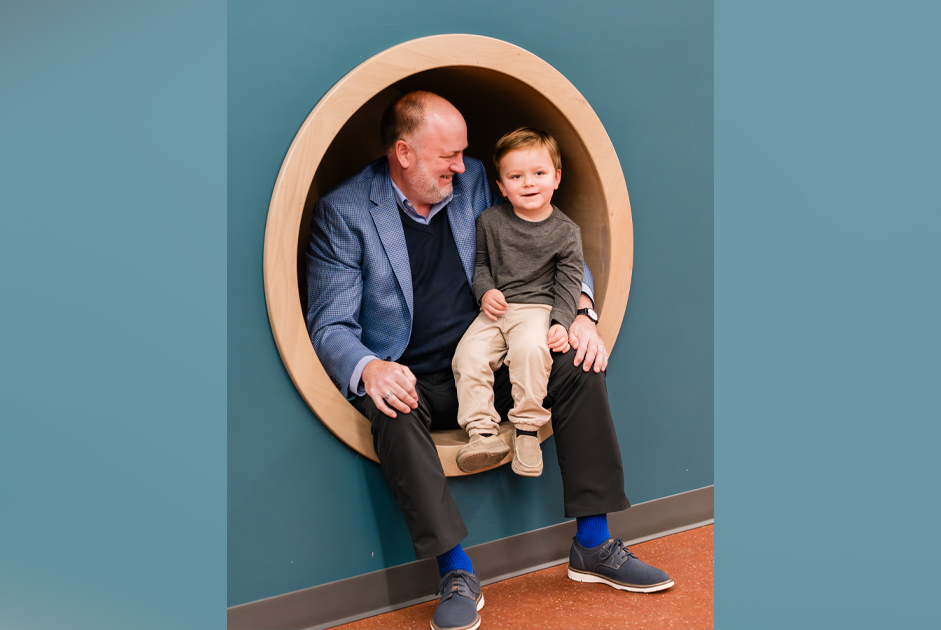From the very first moment we both laid eyes on each other, I knew Bella would become my best friend. She was my constant companion and truly went through everything with me. From moving to another city for graduate school, to meeting my husband, to losing my father, to finally having two babies – through it all, my best friend was by my side.
This said, I was devastated this past January 13th when the vet told me my sweet girl was in stage three of kidney failure. The signs had already been there. Over the prior few weeks, Bella had stopped greeting me at the door, stopped barking and was not herself. She was trying to tell me she was in pain. In my heart of hearts, I knew her time was ending.
While I was lucky enough to have Bella for 15 amazing years, this time went by too fast. As I laid her down, stroked her fur and held her little head in my hands, I will never forget the emotions that came with seeing the light go out of her brown eyes. To this day, it was the greatest heartbreak. I had lost my constant companion.
The veterinarian and nurse were both amazing and helped me throughout the process, giving both Bella and me the guidance we needed to take this last step. However, in the days that followed, I felt at a loss. My house felt different. Everywhere I looked, I saw her. From the paw prints on our floor, to the smell of her in our room, Bella was still all around me. At first, these feelings were incredibly hard to overcome. I did not know how to navigate these new waters of grief.
Upon picking up her ashes, I learned that these overwhelming feelings are common with pet loss. After taking time to investigate, I began to take the steps I needed to in order to get through this painful end of my life with Bella. Read on for the top three tips that guided me through this tough process.
Tip #1: Allow yourself the time and space to grieve properly. Make sure you also allow yourself peace and take time out to lean into the feelings of sadness. Allow yourself to cry and feel all the emotions that come with this loss. If you need to take a day off work – do so. If you need to have your family take care of the daily tasks – do so. Your heart deserves the chance to heal.
Tip #2: Surround yourself with people that are sympathetic. Some people will not understand the pain that comes with losing a pet, and that is not their fault. However, it is important that, during those first few days, you surround yourself with animal lovers, who can lend a sympathetic ear or shoulder to cry on. Below are a few groups that may be helpful to you.
- The Pet Compassion Careline which provides 24/7 grief support with trained pet grief counselors.
- Lap of Love which provides grief courses and 50-minute one-on-one support sessions with a grief counselor.
- If you are part of a congregation, ask if your place of worship offers bereavement support for pet loss.
It is vital that you can talk about your loss, as this is part of the grieving process.
Tip #3: Celebrate their life in some way. From creating a devoted area for their ashes, to adorning jewelry with their name or initials, find some way to celebrate the life of your beloved. I did all the above, and in some way, having these little treasures around me has helped. I have a shrine in my closet for Bella’s ashes, picture and pawprints; and I also wear a bracelet with her name on it every day. All of these are sweet reminders that, while she is not with me on Earth, she is still in my heart.



















